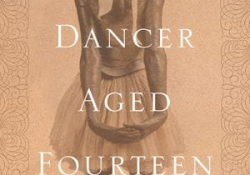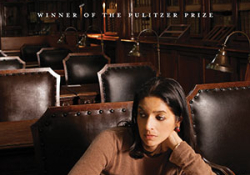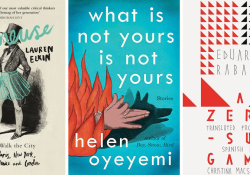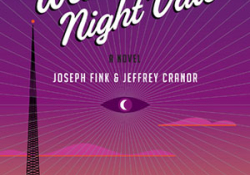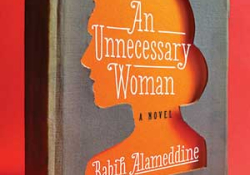Editor’s Pick: Tram 83 by Fiston Mwanza Mujila
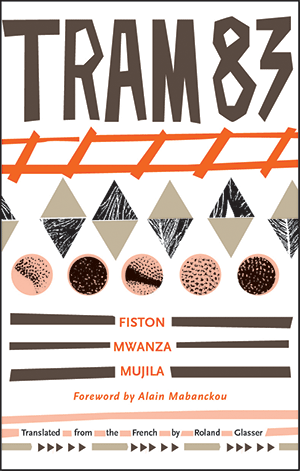
Roland Glasser, tr. Deep Vellum. 2015.
Tram 83 (2015) is a lively, frenetic novel filled with a motley cast of characters lustful for pleasure, prosperity, and power. It’s based in an imagined African mining city with a roiling, seedy underbelly that attracts tourists of all nationalities. The nucleus that fuels all the visitors, miners, soldiers, young girls, and divas is a nightclub called Tram 83.
The main protagonists, Requiem and Lucien, are two childhood friends who have reconnected, and their friendship is comically discordant. Requiem—bent on exploiting others for control and money—and Lucien—dedicated to his aspirations as a scholar and writer—allow the reader to experience the raucous city from two opposing perspectives. Their fiery animosity fills the novel with humorous, often risky situations that invite the reader to see the city in all its mucky glory.
Mujila’s prose, as translated by Roland Glasser, uses interesting stylistic liberties that give the reader a vibrant sense of the atmosphere. Like conversing with a friend in a raucous club, the background noise often interrupts what’s happening in the foreground. For example, uninvited solicitations like “Give me some money,” “Come sleep with me,” or “Do you have the time?” repetitively interrupt Lucien’s narration or a conversation he’s having with Requiem. By not attributing these interjections to any character, they serve to give the reader an active role in reading the book. The reader must avoid the same distractions that the main protagonists encounter, parsing out what details are important. These moments also work to further outline the main protagonists’ differences—Requiem says “yes” to the emboldened flirtations of every “baby-chick” and “single-momma,” while Lucien rejects them with exasperation.
The novel itself has a musicality to it. The brief chapters, erratic pace, and stylistic elements—like repetition, for example—mimic the modes and rhythms of jazz. I had the opportunity to see Mujila and Glasser perform a live reading from the novel, and it was in the live performance (accompanied by a saxophonist) that I felt the chaotic energy and abounding liveliness of the novel at full throttle. In the same manner that repetition allows a listener to hear a melodic theme slowly transform, the repetition in the text allows the reader to dissect a word down to the etymology and the emotion it carries.
Tram 83 is a novel composed like a jazz arrangement, and it’s at once a clever look at humanity and a debaucherous adventure into anarchy.
Jen Rickard Blair
Digital Media Editor


